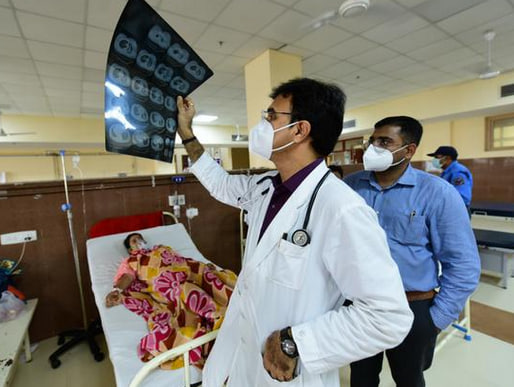Rajasthan right to health bill is welcome, challenge will be to take the private sector along
On Tuesday, Rajasthan became the first state in the country to legislate a “right to health”. The Right to Health Bill passed by the Rajasthan assembly gives every resident of the state “the right to free consultation, drugs, diagnostics and emergency care at all public hospitals”. Private hospitals that have been allotted land at concessionary costs will also come under the purview of the Bill, which ticks several right-boxes . It has sections that empower “residents to collect information to make themselves healthy” and clauses that give more teeth to patient-centric medical protocols like “ informed consent ”. The Bill’s provisions are consistent with several Supreme Court verdicts that have affirmed that the Right to Health is a key part of the Right to Life under Article 21 of the Constitution. The challenge before Rajasthan’s policymakers will now be to enforce the rights of the patient while also ensuring that the concerns of healthcare providers are not neglected — especially those of the private sector, which according to NHFS-5 services 48 per cent of the state’s population.
For the past four days, medical services in Rajasthan have been disrupted because a large section of private medical practitioners has been on strike against the new legislation . They fear being hauled-up before the state and district-level medical authorities — mandated by the Bill — for failing to provide emergency services which might actually be beyond their expertise . These are legitimate concerns in a state — indeed , in most parts of the country — in which only select multi-speciality hospitals offer wide-ranging critical care services. It’s also unclear if the new authorities will take-over the functions of the consumer courts. Simply adding another forum for complaints could complicate the resolution of grievances .
The Bill also has a section on the “Duties of Residents” that directs patients to provide “all relevant information” to the doctor. And asks them “to treat healthcare providers with dignity ”. These are significant interventions given the recent history of violence against doctors in the country. Such aggression often stems from uninformed perceptions about diseases as well as the physician’s work — ironically , for a large section, she has near- divine faculties . At the same time, much of the debate on medical ethics in the country has been framed by the doctor-patient binary . The Rajasthan health rights bill should catalyse conversations on transcending such simplistic formulations. Civil society activists — who have been demanding this right for long — and local administrators must step-up awareness initiatives. Medical educators too cannot postpone the longstanding imperative of training young doctors to bring more empathy in their interactions with patients and their families.
